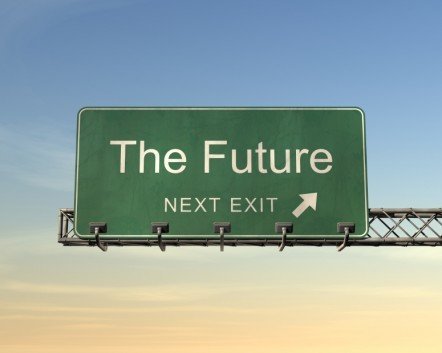Automakers Must Adapt Business Models To Embrace Future Transport Systems

"Looking into the 2050 timeframe, one thing is for certain, the transportation system will be an eco-system that integrates all modes of travel together," said Barb Samardzich, vice president of product development at Ford of Europe during the debate on Thursday. "It's an opportunity to come up with a sustainable business model that will take us forward into the future."
If carmakers don't change, the danger is that other industries will capitalize on automotive desirability as automakers shift to alternative power sources, according Peter Fuss, senior automotive advisory partner at Ernst & Young. "The car is still associated with emotions. If you think one of the emotions is the engine, what remains?" he asked. "Who is offering the emotions the customer is prepared to pay for? Google? Apple? That is one of the big challenges."
The four panelists all cited the shift toward urban living as the force behind integrated and connected transport. "Urbanization is the megatrend we have to take into account," said Claus Ehlers, director of society, vehicle concepts and human factors at Daimler.
"By 2050 it is believed 70 percent of the world's population will live in cities," said Peter Cirulis, president of European operations for automotive supplier Dana Holding Corporation. "Connectivity will play a role in urban centers, resulting in many innovative partnerships."
He added that virtually every manufacturer is experimenting with connected vehicle systems.
Ford's Samardzich brought up one of the big challenges facing the industry, that of vehicles relaying their location for automated driving. "How do you mesh an individual's desire for privacy with the need to collect data to make a network run? How is privacy respected when knowing a person's specific location can improve public safety?" she asked.
She said Ford's job was to work out how to improve life for residents of the rising number of megacities with populations of 10 million or more.
Building on current autonomous technology such as automated parking, she predicted cars would valet park themselves by 2050 and said Ford was planning for "a transportation system that helps us regain our most precious commodity – time."
Related News


